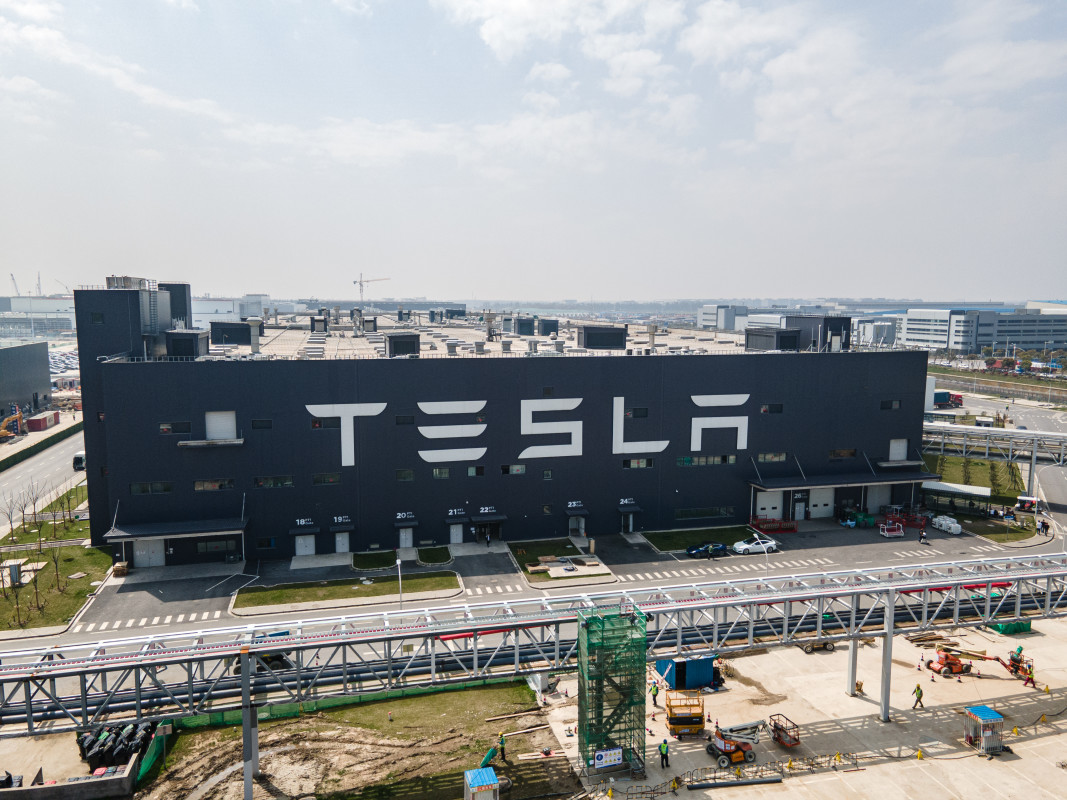This past year has been quite challenging for Tesla investors.
After hitting its peak in December due to the excitement following President Donald Trump’s victory in the 2024 election and his appointment of Tesla CEO Elon Musk as the head of the Department of Government Efficiency—a role aimed at eliminating waste, fraud, and corruption within the administration—Tesla stock has seen fluctuations.
(
TSLA
)
shares have plummeted.
💵💰
Don’t overlook this: Sign up for ecosundries.com’s free daily newsletter.
💰💵
The stock has dropped by 42% since reaching its peak over the past five months, with a significant portion of this decrease due to the political fallout following Musk’s visit to Washington.
Tesla’s establishment in Europe was the initial catalyst. During the first couple of months of the year, sales in the area plummeted by 49%, coinciding with Musk’s engagement with far-right wing politics in a region predominantly (though not entirely) inclined towards the left.
Related: Analyst revises Tesla stock prediction due to trade disputes
Despite selling more vehicles, the company’s market share in the region shrunk to 1.1%.
Nevertheless, sales in Europe constitute only a minor portion of Tesla’s total revenue. The more alarming information from the quarterly report emerged when the company disclosed that their overall sales for the first quarter decreased by 13% compared to the previous year, marking the biggest slump since the company was founded.
However, it’s not only Musk who is opposing Tesla. The rivalry in the electric vehicle sector has certainly intensified, and although Tesla remains the clear frontrunner in the U.S. market with over 48% (as of Q3 2024), this figure was at 80% back in 2019.

Tesla encounters yet another overseas challenge.
Tesla enjoys a significantly more robust position in China compared to its standing in Europe.
The firm holds a 11.47% stake in the battery electric vehicle sector and represents 7.48% of China’s new energy vehicle market.
This represents nearly the strongest position an automobile manufacturer from America could achieve within the Chinese market.
Sales in 2024 jumped 8.8% in China to a record of 657,000 vehicles delivered. But even here the company saw some slippage as its market share for battery-only EVs fell to 10.4% from 11.7%.
This can be attributed to the strong presence of local heavyweight BYD, which holds a 32% share of the new energy vehicle market in the nation.
Currently, it’s getting more difficult for Tesla to keep up with its diminishing market presence.
Tesla has stopped accepting new orders for the Model S and Model X vehicles in China, as per a report from Reuters on Friday following an examination of the company’s website.
Despite having a massive Gigafactory, both models are manufactured in the U.S. and then brought into China.
Related: Tesla Cybertruck owners will dislike Tesla’s most recent decision.
This development occurs amidst an intensifying trade dispute between the U.S. and China, adding complexity to Musk’s ties with the nation. Given his role as an informal advisor to President Trump’s administration, Musk holds significant influence over these tensions.
The tariff war causes chaos for Tesla.
This week, Trump implemented an unprecedented 125% tariff on all Chinese goods, which he later raised to 145% after stating that China’s response to his threats constituted retaliation.
The Shanghai Gigafactory produces Model 3 and Model Y cars for both China and Europe.
More Automotive news:
-
GM Shares Unexpected Business Update
-
Ford shares unexpected developments as Tesla faces upheaval
-
Apple develops smart method to thwart car thefts.
In 2024, China imported 1,553 Model X units and 311 Model S units according to Reuters reports; thus, the impact of this development is minimal. Nonetheless, it underscores that Musk’s political aspirations carry certain risks which could—and inevitably will—affect Tesla shareholders.
In early trade on Friday, Tesla’s stock dropped by 2.77%.
Related: Seasoned fund manager shares startling prediction for the S&P 500